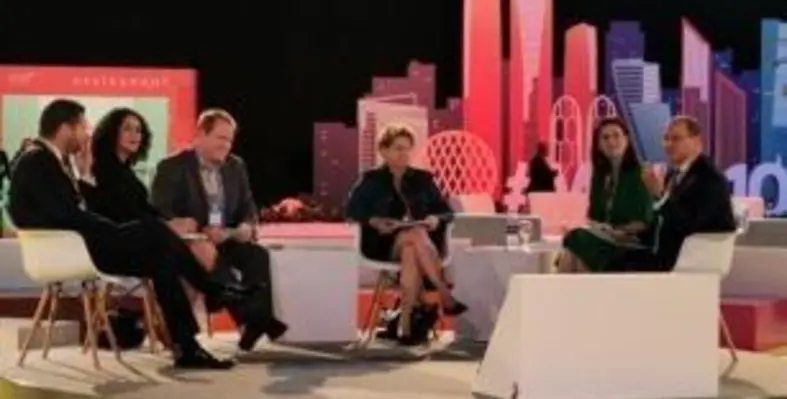PwC Middle East has hosted a session titled ‘Financing and Implementing the Sustainable Development Goals and the New Urban Agenda in Cities’ at the tenth UN-Habitat World Urban Forum (WUF10)
The WUF10 has been co-organised by the UN Habitat and the Abu Dhabi Department of Municipalities & Transport (DMT).
PwC hosted and moderated this compelling session with the participation of a community of practitioners, sharing experiences about the implementation of the Sustainable Development Goals (SDGs) and the New Urban Agenda.
The main objective of the session was to explore how to close the funding gap and support cities in the implementation and localisation of the Sustainable Development Goals (SDGs), in line with the standards and principles of the New Urban Agenda (NUA). The agenda followed a “4C” approach, namely Cascading SDGs and NUA, Co-Creating Investment Opportunities, Collaborating and Closing the Investment Gap. The approach leveraged the WUF10 focus on culture and innovation as an enabler for sustainable development to enrich the discussion.
Alice Charles, lead, cities, infrastructure and urban services, World Economic Forum, Geneva, Switzerland, said, “The future of cities largely depends on the way urbanisation is managed and how public-private collaboration is leveraged to implement the SDGs and New Urban Agenda. Government, business, civil society and academia need to work together to create the enabling environment necessary to develop a pipeline of bankable projects capable of attracting investment, with the ultimate objective of delivering sustainable urban development in cities around the world.”
Aziza Akhmouch, head of division on cities, urban policies and sustainable development, OECD, Paris, commented, “Money is important, but not enough for cities and regions to fit for the future. We need to radically change the way we produce, consume, and how and where we live. The SDGs provide a framework to rethink drastically local planning, policies, strategies and investments from the ground up. It’s not only a compliance agenda; it’s a strong catalyst for long-term transformation.”
Hazem Galal, cities and local government global leader at PwC, concluded, “At this edition of the WUF, we looked, together with multiple stakeholders, how cities can localise the implementation of the SDGs and address the major challenges faced by them, including access to finance. Cities can adopt innovative solutions and build partnerships with the private sector, multilateral IFIs and other sources of finance to fund their critical socioeconomic development and infrastructure projects.”














